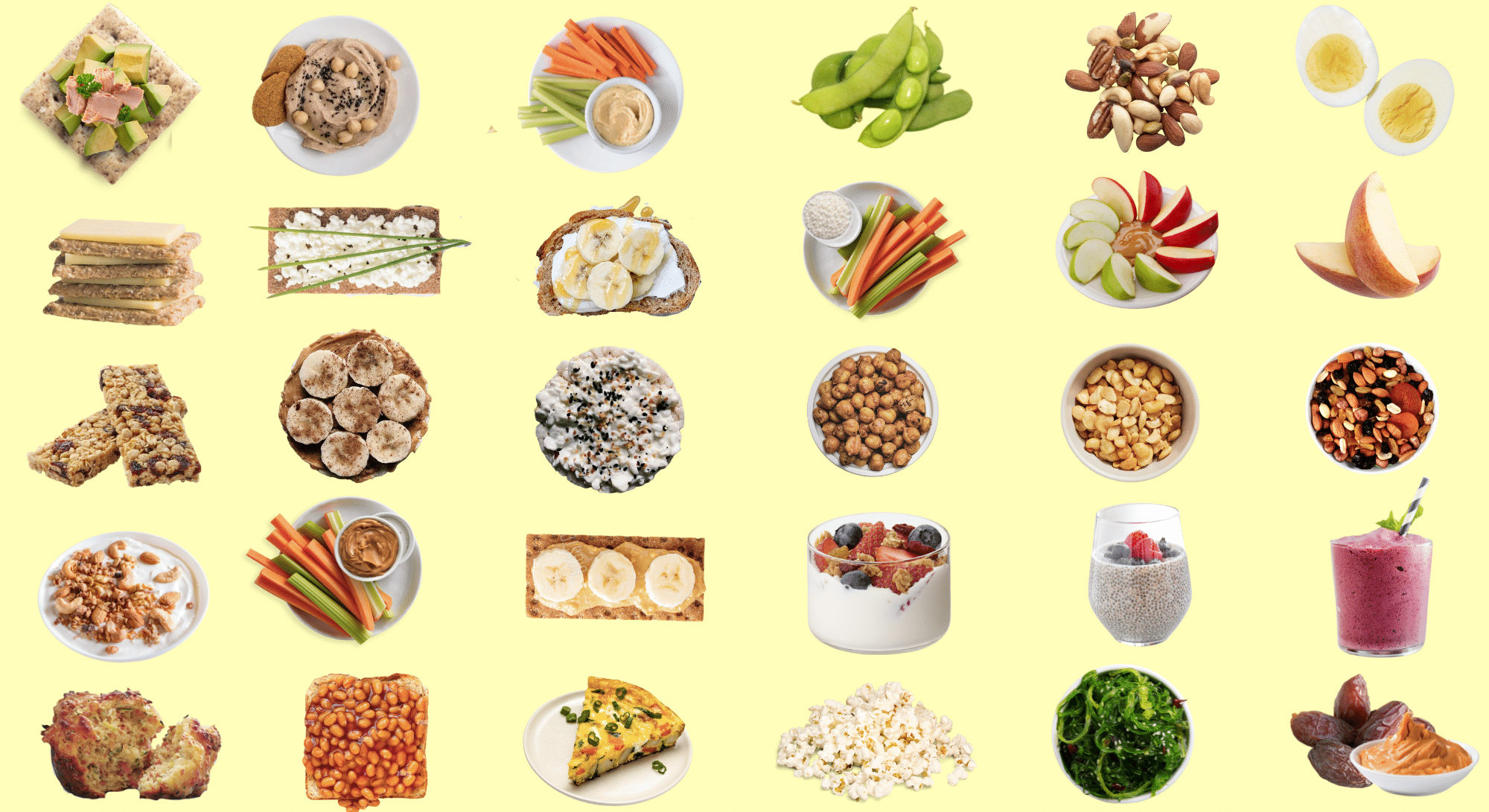In the quest for better health, many people turn to popular diets that promise balanced nutrition and improved well-being. However, not all diets that are marketed as balanced truly live up to their claims. Here are five diets you thought were balanced but aren’t, and the reasons why they may not be as healthy as you think.
1. The Juice Cleanse Diet
Juice cleanses have gained popularity as a quick way to detoxify the body and lose weight. While they may provide a temporary boost in energy and a reduction in calorie intake, they are not a balanced diet. Juice cleanses often lack essential nutrients such as protein, healthy fats, and fiber1. Additionally, consuming only juice can lead to blood sugar spikes and crashes, leaving you feeling fatigued and irritable. Long-term reliance on juice cleanses can also result in muscle loss and nutritional deficiencies.
2. The Low-Fat Diet
For years, low-fat diets were touted as the key to weight loss and heart health. However, not all fats are bad for you. Healthy fats, such as those found in avocados, nuts, and olive oil, are essential for brain function, hormone production, and overall health2. Low-fat diets often replace fats with refined carbohydrates and sugars, which can lead to weight gain and increased risk of chronic diseases. A truly balanced diet includes a mix of healthy fats, proteins, and carbohydrates.
3. The Gluten-Free Diet
While a gluten-free diet is necessary for individuals with celiac disease or gluten sensitivity, it is not inherently healthier for everyone else. Many gluten-free products are highly processed and lack essential nutrients such as fiber, iron, and B vitamins3. Additionally, these products often contain added sugars and unhealthy fats to improve taste and texture. For those without a medical need to avoid gluten, a balanced diet that includes whole grains can provide important nutrients and health benefits.
4. The Raw Food Diet
The raw food diet emphasizes consuming uncooked and unprocessed foods, with the belief that cooking destroys nutrients. While raw foods can be rich in vitamins and enzymes, this diet can be difficult to maintain and may not provide a balanced intake of nutrients4. Cooking can actually enhance the availability of certain nutrients, such as lycopene in tomatoes and beta-carotene in carrots. Additionally, the raw food diet often lacks adequate protein, healthy fats, and essential minerals, making it challenging to meet all nutritional needs.
5. The Paleo Diet
The Paleo diet, which focuses on eating foods that were available to our Paleolithic ancestors, excludes grains, legumes, and dairy. While it promotes whole foods and eliminates processed items, it can be overly restrictive and may not provide a balanced diet5. Excluding entire food groups can lead to deficiencies in important nutrients such as calcium, fiber, and certain vitamins. A more balanced approach would be to incorporate a variety of whole foods, including grains and legumes, to ensure a well-rounded intake of nutrients.
Conclusion
While these diets may have their benefits, they are not as balanced as they may seem. A truly balanced diet includes a variety of foods from all food groups, providing essential nutrients to support overall health. It’s important to approach popular diets with a critical eye and consider whether they meet your nutritional needs.





